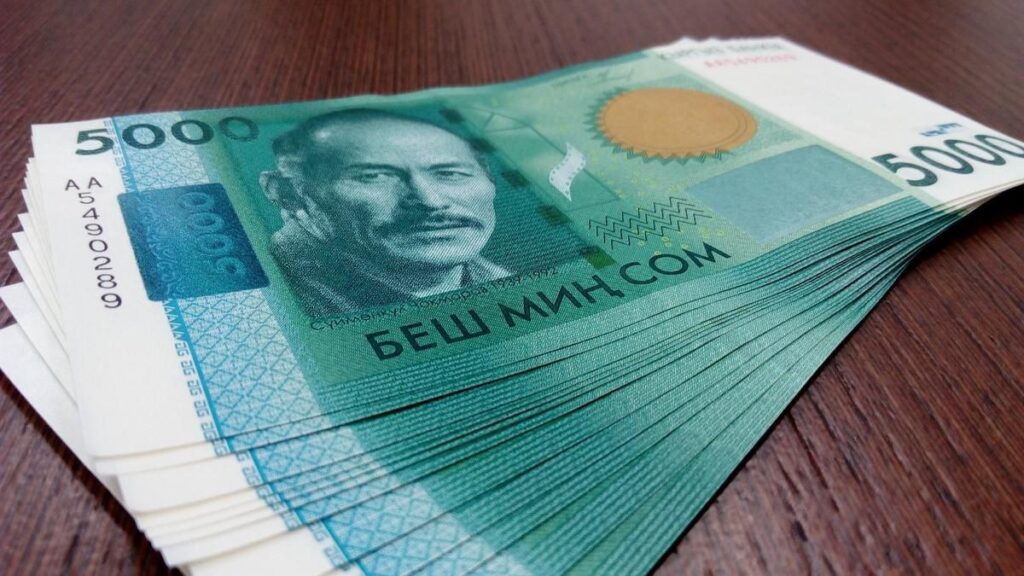Kyrgyzstan Proposes to Fine Employers for Paying Wages in Cash
The Kyrgyz Ministry of Economy has proposed introducing fines for legal entities for paying salaries in cash. The relevant draft law has already been submitted to the parliament, the Jogorku Kenesh, for consideration. According to the law, wages shall be paid in non-cash form except in cases of force majeure, emergency, or disaster, as well as certain types of activities or in certain territories of the country. Employers who fail to fulfill the requirement to pay wages in non-cash form can be fined 5,000 soms ($59.2). The new article, proposed to the Code of Offenses, aims to combat the shadow economy and encourage the transition to non-cash payments. In general, the country has already developed several measures for this purpose. Among them is the installation of online cash registers in retail outlets and service enterprises. In 2022, about 65,000 online cash registers were installed in the country, a significant step towards transparency of financial flows. In addition, the government is utilizing tax incentives and developing an e-invoicing system, which helps track transactions and increase tax revenues.






